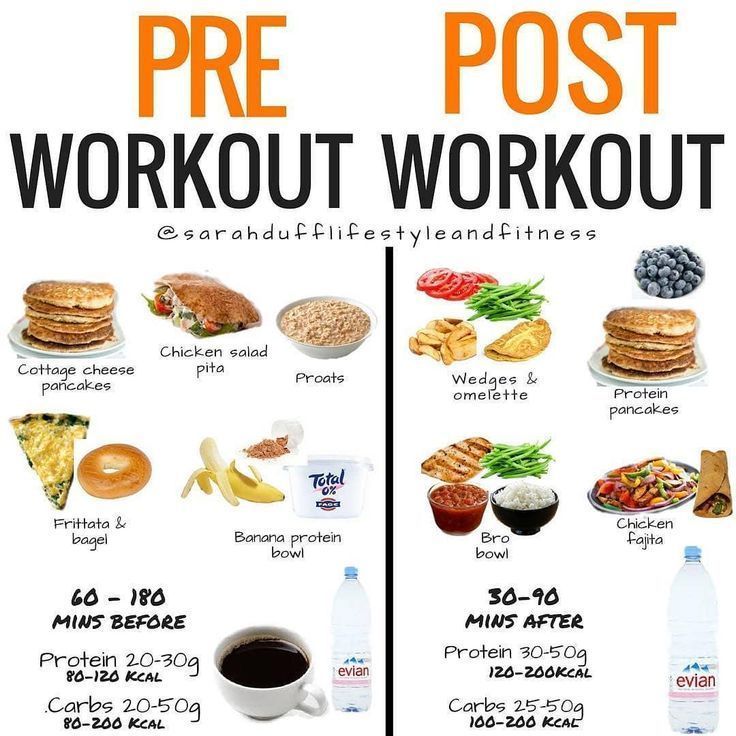When it comes to optimizing your workouts and achieving your fitness goals, timing your meals properly can make a significant difference. The right nutrition before and after your workouts can help you perform at your best, enhance recovery, and maximize results. In this article, we will discuss the importance of meal timing for fitness and provide guidelines on when to eat before and after workouts to fuel your body effectively.
Why is Meal Timing Important for Fitness?
Proper nutrition plays a crucial role in supporting your fitness goals. When you exercise, your body relies on nutrients from food to fuel your workout, help with muscle recovery, and support overall performance. Meal timing is essential because it can influence your energy levels, muscle growth, and recovery process.
By eating the right foods at the right times, you can optimize your workouts and achieve better results. Proper meal timing can also help prevent muscle breakdown, improve endurance, and support overall health and well-being.
When to Eat Before a Workout
Consuming the right nutrients before a workout is crucial for providing your body with the energy it needs to perform at its best. The timing of your pre-workout meal can vary depending on your individual preferences and goals, but it is generally recommended to eat a balanced meal containing carbohydrates, protein, and a small amount of fat 1-3 hours before exercise.
Carbohydrates are an essential source of energy for your muscles, so including foods like whole grains, fruits, and vegetables in your pre-workout meal can help fuel your workout. Protein is important for muscle repair and growth, so including lean sources like chicken, fish, or beans can support muscle recovery. A small amount of healthy fats, such as avocado or nuts, can help provide sustained energy during your workout.
It is essential to listen to your body and experiment with different meal timings and compositions to find what works best for you. Some individuals may prefer a smaller snack or shake closer to their workout, while others may benefit from a larger, more balanced meal a few hours beforehand.
When to Eat After a Workout
Refueling your body with the right nutrients after a workout is crucial for supporting muscle recovery and replenishing energy stores. Eating a post-workout meal within 30 minutes to two hours after exercise can help promote muscle protein synthesis, reduce muscle breakdown, and restore glycogen levels.
For optimal recovery, it is recommended to consume a post-workout meal containing carbohydrates and protein to support muscle repair and growth. Carbohydrates help replenish glycogen stores and provide energy, while protein supports muscle protein synthesis and repair.
Some examples of post-workout meals include a protein shake with fruit, grilled chicken with quinoa and vegetables, or Greek yogurt with nuts and berries. It is important to focus on whole, nutrient-dense foods to support recovery and maximize the benefits of your workout.
Conclusion
Meal timing plays a crucial role in optimizing your workouts and supporting your fitness goals. By eating the right foods at the right times, you can fuel your body effectively, enhance performance, and promote recovery. Finding the right balance of nutrients before and after your workouts can help you achieve better results and support overall health and well-being.
Experiment with different meal timings and compositions to find what works best for your body and goals. Listen to your body, stay hydrated, and prioritize nutrient-dense foods to fuel your workouts and maximize your fitness potential.
Remember that consistency is key when it comes to nutrition and fitness. By paying attention to your meal timing and making informed choices about what you eat before and after your workouts, you can optimize your performance, recovery, and results in the gym.
